Inside the movement of young entrepreneurs turning sleepy small towns into caffeinated creative hubs, one indie coffee shop at a time.
Welcome to the Brew Revolution
If you ask someone what comes to mind when they think of Appalachia, they might offer you the usual: coal, country roads, and a banjo or two echoing through the holler. But there’s a new melody humming through the mountains now—a low, steady percolation, if you will.
It’s the sound of espresso machines firing up in historic downtowns. It’s the chatter of artists, remote workers, and third-shift nurses gathered around mismatched tables. It’s the scent of fair-trade Guatemalan beans mixing with the morning mist.
Welcome to the Appalachian Coffee Rebellion, where young visionaries are brewing more than just coffee—they’re crafting community, sparking creativity, and turning small-town West Virginia into a mosaic of caffeine-fueled innovation.
From Boomtowns to Brewtowns
Let’s face it—many of our towns have weathered more economic storms than a tin roof in a spring thunderstorm. The industries that once put food on the table have shifted, dried up, or moved on.
But Appalachians are nothing if not resourceful. And when the old way of life wanes, we don’t just sit and mourn—we adapt, we innovate, and sometimes… we open a coffee shop in a hundred-year-old bank building.
Across the region—from Lewisburg to Buckhannon, Bluefield to Shepherdstown—indie coffeehouses are popping up like spring morels. These aren’t your cookie-cutter chain cafés, either. These are lovingly curated spaces that serve as artistic salons, live music venues, co-working hotspots, and local marketplaces—all under one roof and all served with a double shot of Appalachian soul.
The New Wave of Appalachian Entrepreneurs
This movement is powered by a rising generation of locals and returnees—young people who either stayed behind or came back, driven by something stronger than nostalgia. These are educated, creative, and purpose-driven folks who saw a blank canvas in their hometowns and decided to paint with beans and dreams.
They’re creating spaces where vinyl records play alongside pour-overs. Where the Wi-Fi is fast, but the friendships are slow-brewed. Where you might bump into a muralist sketching out their next project, or a startup founder pitching an idea over cold brew.
And they’re not just selling coffee—they’re building ecosystems. Many source their pastries from local bakers, feature Appalachian-grown herbs in their teas, and even use reclaimed timber from local barns for their countertops.
In a region too often cast in sepia-toned stereotypes, these entrepreneurs are offering a new lens: one of resilience, creativity, and grounded hope.
Creativity With a Caffeine Kick
One of the most striking things about these cafés? They’re weird—in the best way.
- TipTop Coffee in Thomas, WV (at 216 East Avenue, Thomas, WV 26292, tiptopthetown.com) is where you’ll sip your cortado next to contemporary art and maybe overhear a gallery talk.
- The Wild Bean in Lewisburg (located at 1056 Washington Street E, Lewisburg, WV 24901, wildbrewingco.com) serves up community energy alongside a killer cappuccino. Don’t be surprised to catch a Sunday vinyl market, a poetry reading, or an unplanned bluegrass jam.
- In Wheeling, check out Table 304 at 827 Main Street, Wheeling, WV 26003 (table304.com), a beautifully restored space that functions as a café-meets-retail-meets-creative studio in a building once owned by coal royalty.
- In Morgantown, stop by The Grind at 168 Willey Street, Morgantown, WV 26505, where coffee culture meets zine libraries, podcast studios, and community outreach.
These shops aren’t just small businesses—they’re cultural anchors. They’re where stories are shared, dreams are tested, and locals come to feel seen, heard, and caffeinated.
Why West Virginia? Why Now?
Some may ask, “Why here?” But the real question is—why not here?
West Virginia offers something rare in the modern world: the space to breathe, to think, and to build without the noise of overdevelopment or burnout culture. The cost of living is low, the scenery is unrivaled, and the sense of community runs deeper than Cheat Lake in summer.
And perhaps most importantly—people here root for each other. When a new coffee shop opens in a small town, it isn’t met with competition. It’s met with casseroles, Instagram posts, and handwritten signs in windows saying, “We’re so glad you’re here.”
In this way, the coffee rebellion isn’t just about coffee—it’s about connection. It’s about reclaiming pride in place, refusing to wait for outsiders to “save” us, and instead building a future that’s both economically and emotionally sustainable.
What’s Brewing Next?
The Appalachian Coffee Rebellion is just getting started.
There are whispers of regional roasting co-ops. There’s talk of Appalachian barista competitions. There’s momentum around storytelling events, micro-publishing initiatives, and eco-tourism collaborations—all rooted in the simple act of sitting down with someone and asking, “How do you take your coffee?”
The future of West Virginia isn’t just written in policy or development reports. It’s being sketched on napkins in corner cafés, brainstormed over lattes, and woven together by the people who choose every day to build where they are, not where someone told them they should be.
So the next time you’re driving through a mountain town and spot a hand-painted “Open” sign hanging from a brick storefront, pull over.
Order something you can’t pronounce. Talk to the barista about where the beans came from. Stay a while.
You’re not just supporting a small business.
You’re joining a rebellion—one cup at a time.


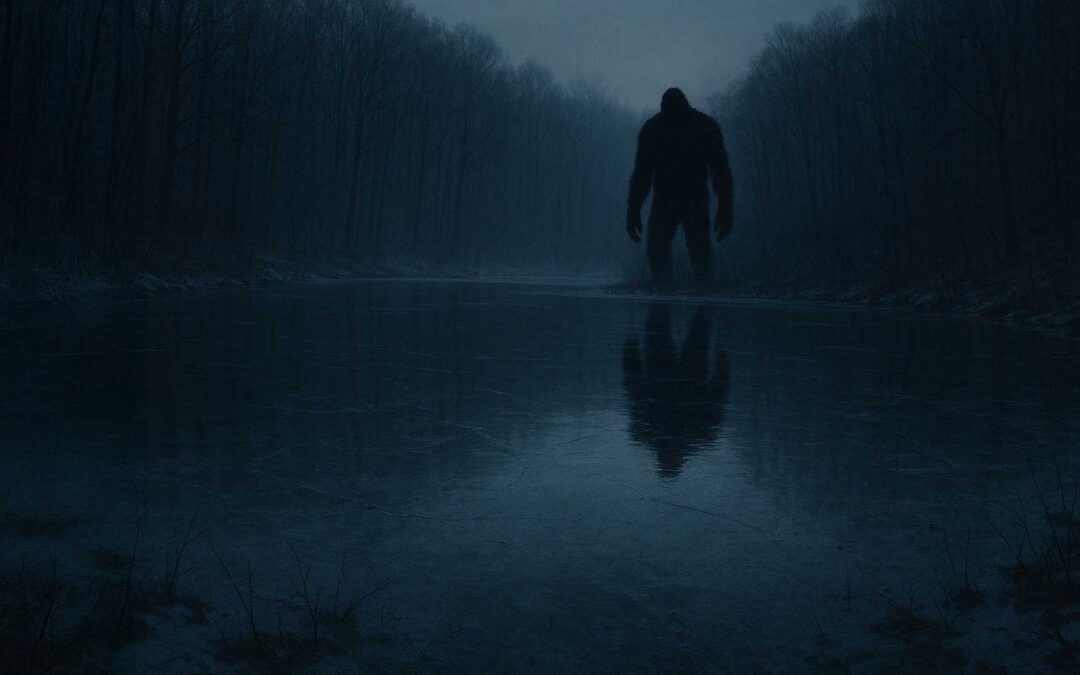
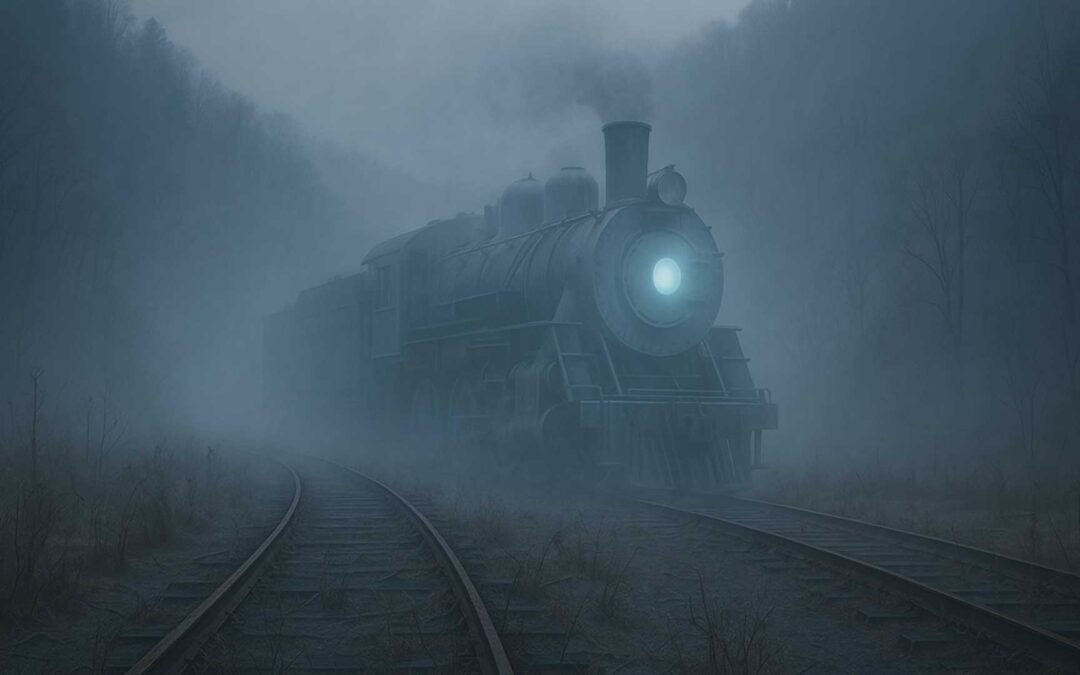


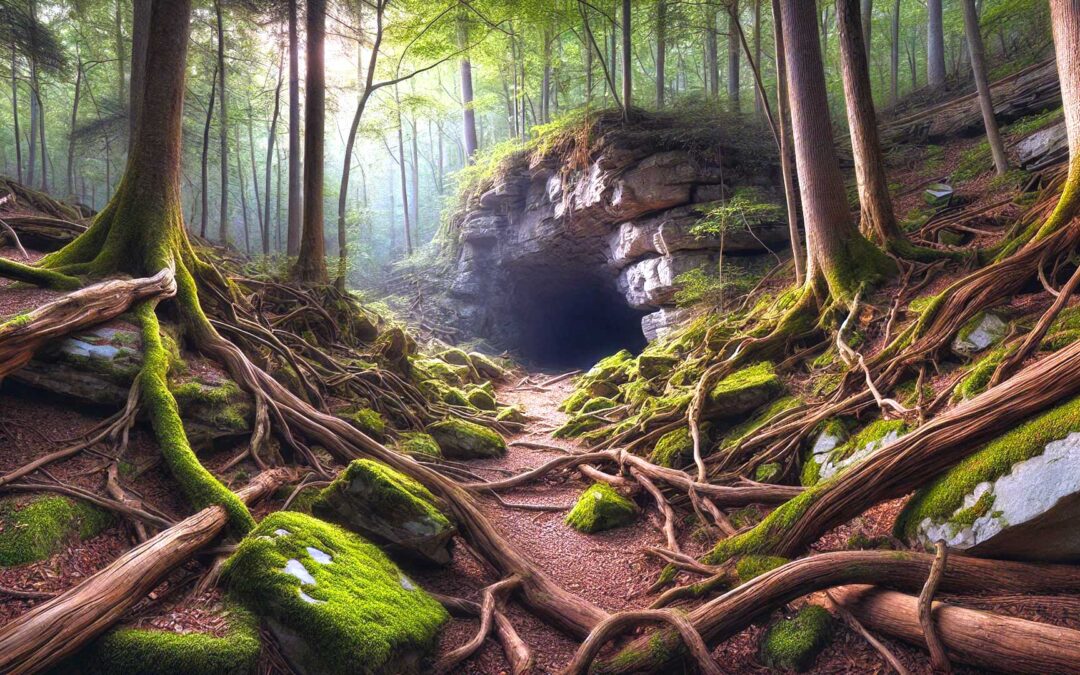



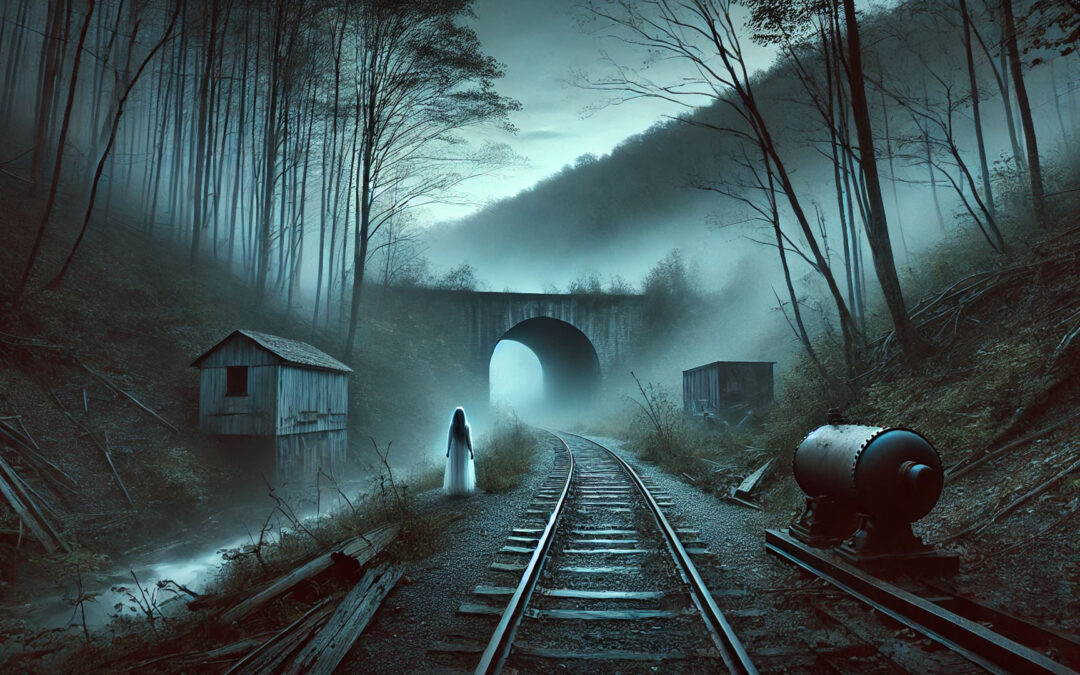




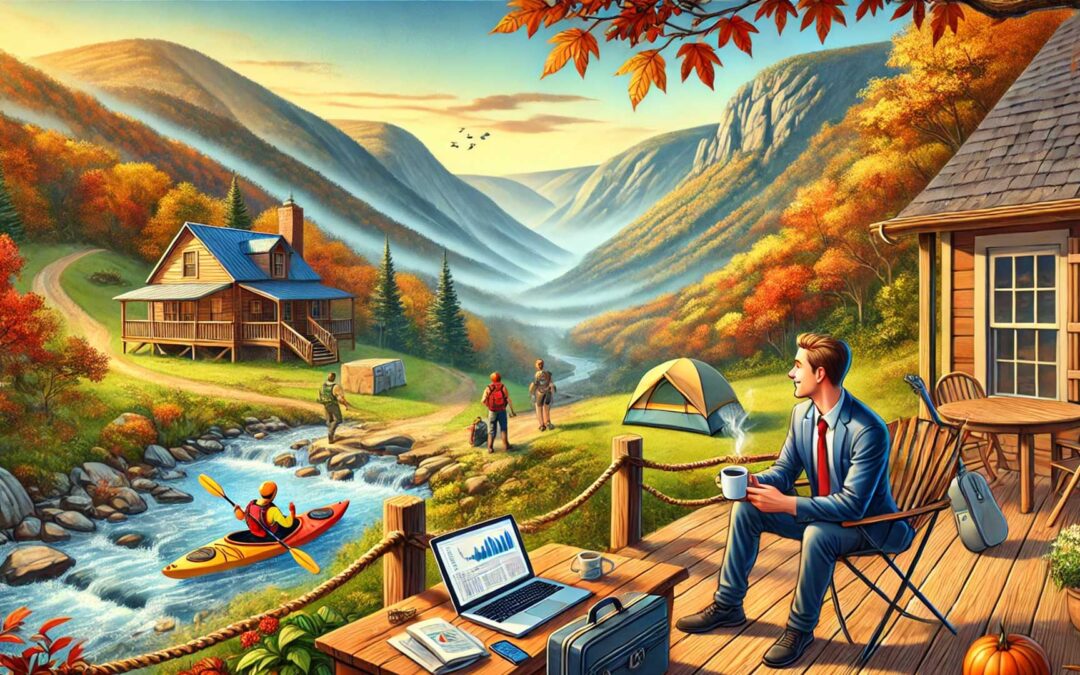




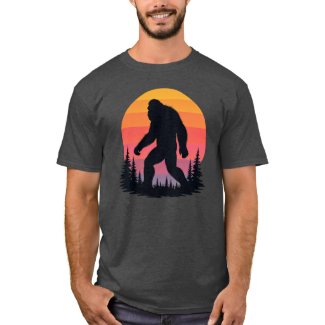



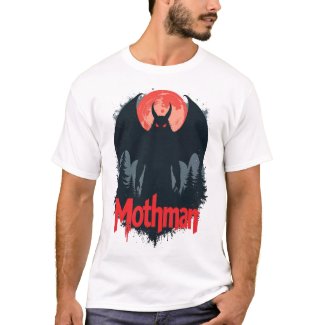
0 Comments